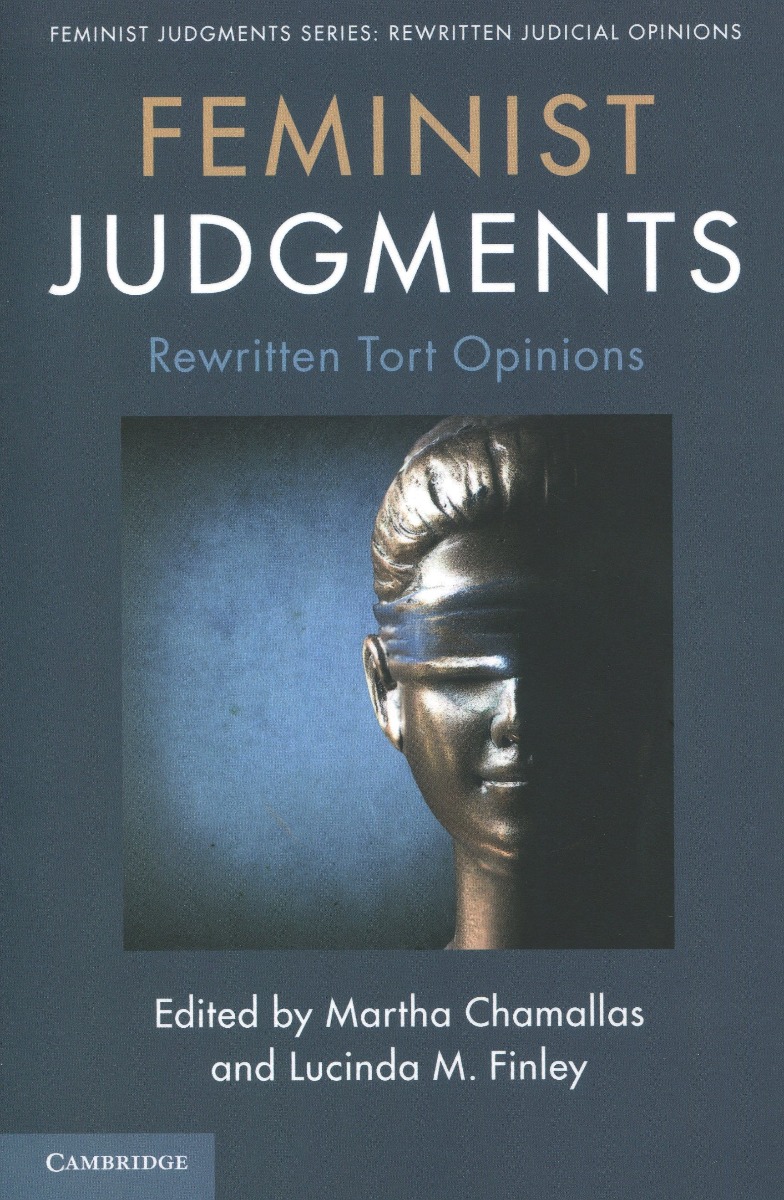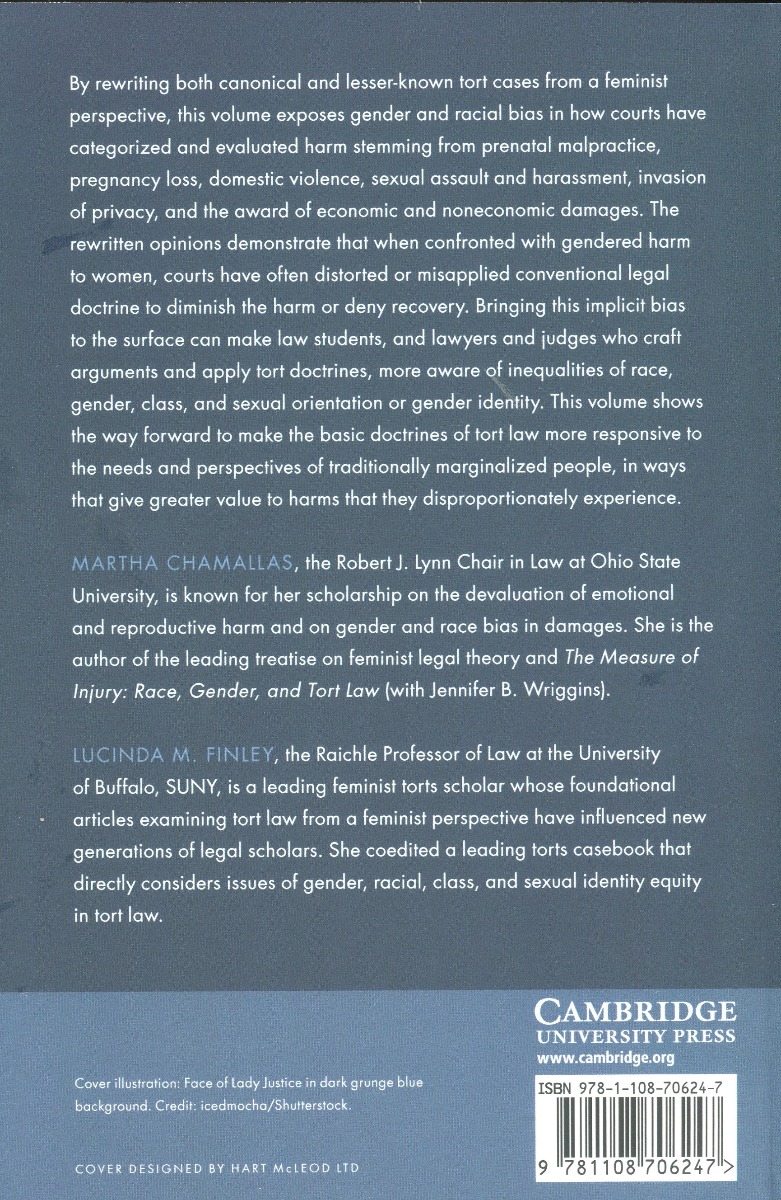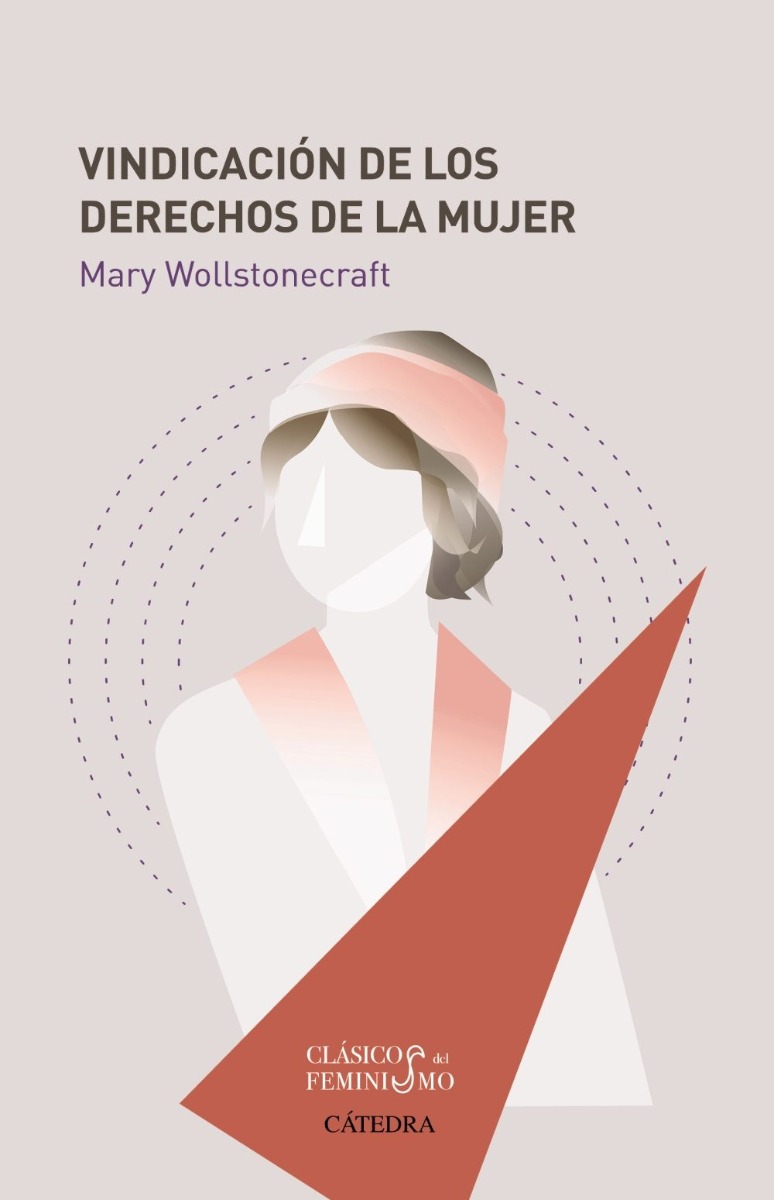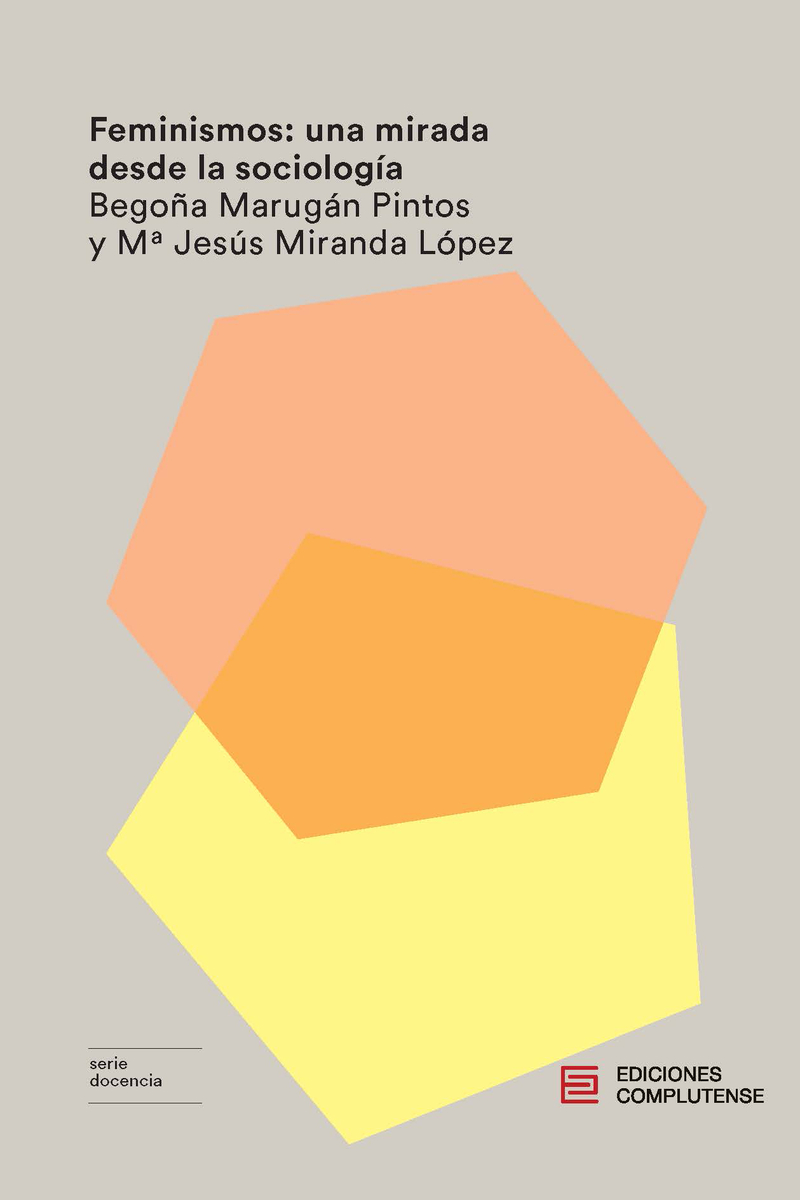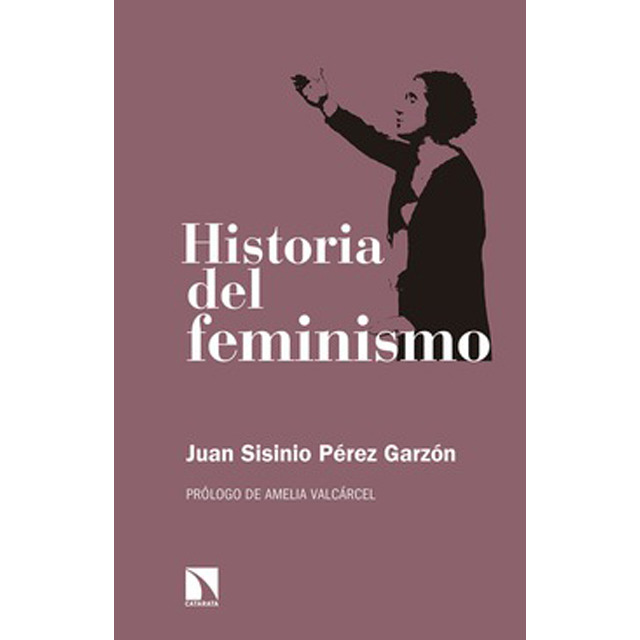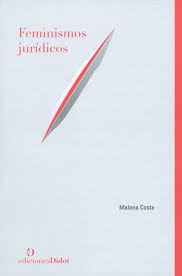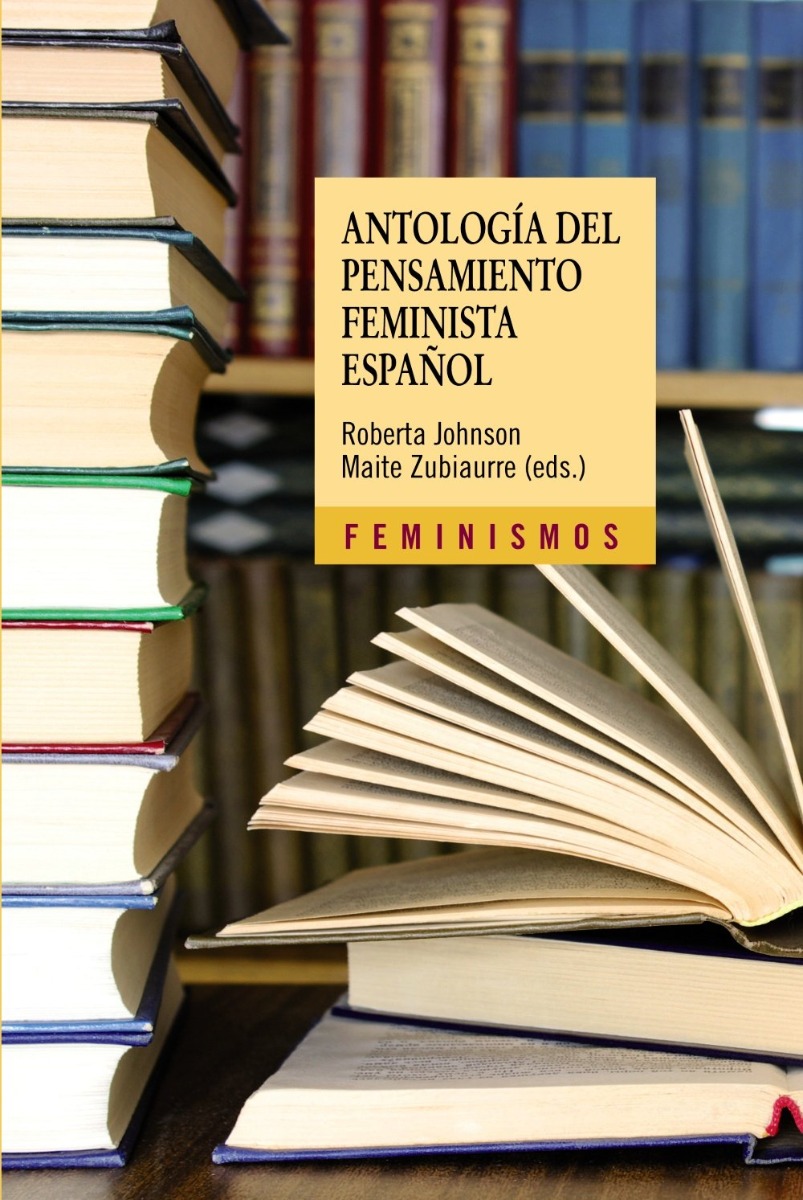By rewriting both canonical and lesser-known tort cases from a feminist perspective, this volume exposes gender and racial bias ¡n how courts have categorized and evaluated harm stemming from prenatal malpractice, pregnancy loss, domestic violence, sexual assault and harassment, invasión of privacy, and the award of economic and noneconomic damages. The rewritten opinions demónstrate that when confronted with gendered harm to women, courts have often distorted or misapplied conventional legal doctrine to diminish the harm or deny recovery. Bringing this implicit bias to the surface can make law students, and lawyers and ¡udges who craft arguments and apply tort doctrines, more aware of inequalities of race, gender, class, and sexual orientation or gender identity. This volume shows the way forward to make the basic doctrines of tort law more responsive to the needs and perspectives of traditionally marginalized people, in ways that give greater valué to harms that they disproportionately experience.

